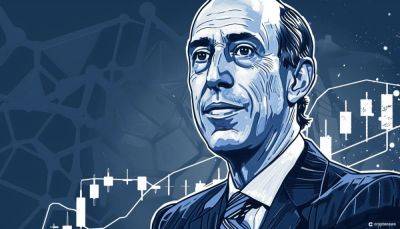Analysis-US corporate debt euphoria could stall as Fed tightens liquidity
By Davide Barbuscia and Shankar Ramakrishnan
NEW YORK (Reuters) — Seemingly endless demand for U.S. top-rated corporate debt has created unease among some investors who think a selloff could be on the cards if liquidity conditions worsen later this year.
Expectations of a benign outcome for the U.S. economy despite high interest rates have fuelled a search for yields and supported demand for credit. So far this year investment-grade rated companies have raised record amounts of debt while credit spreads, or the premium companies pay over U.S. Treasuries for issuing bonds, are at their tightest in years.
Yet some in the market suspect optimism around the asset class could make it vulnerable to a repricing once the Federal Reserve's efforts to tighten financial conditions start biting into bank reserves left so far unscathed because of excess liquidity in the financial sector.
Inflows into the Fed's overnight reverse repo facility, a proxy for excess cash in the financial system, have been declining sharply over the past year.
Once cash drains from the reverse repo facility, bank reserves at the Fed are expected to start falling, tightening overall financial system liquidity and potentially hitting demand for risk assets such as stocks and credit.
Daniel Krieter, director of fixed income strategy at BMO Capital Markets, said he has observed a strong relationship between the level of excess bank reserves and investment-grade credit spreads, which tend to tighten when reserves rise.
«The level of excess reserves in the system, we think, matters for risk,» said Matt Smith, investment director at Ruffer. «Liquidity is going to tighten from here, and on top of that everything is very expensive… a sharp selloff is something we
Read more on investing.com

























